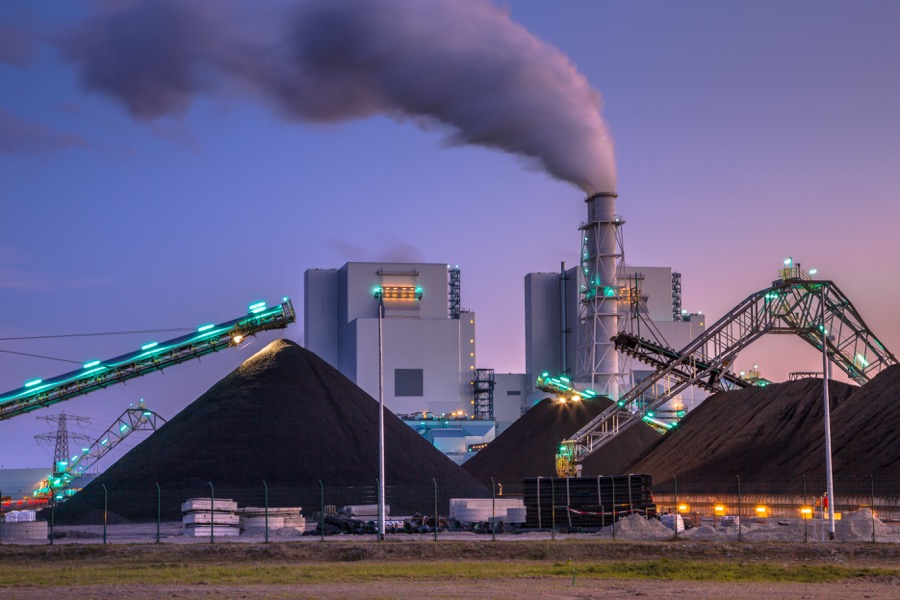German energy shift will be like ‘open-heart surgery’ – economy minister

Germany’s transition to a fossil-fuel free energy mix will be like undergoing “open-heart surgery” as the car, steel and renewable industries will need to work hard to stay competitive, its economy minister said on Tuesday.
The German government has spurred Europe’s largest economy to shift to volatile renewable energy sources like wind and solar power in the wake of its decision to end nuclear power by 2022 and exit coal-fuelled power sources by 2038.
Economy Minister Peter Altmaier said Germany could in the meantime use natural gas as a transition fuel, tap into intra-European Union power sharing, and develop a green hydrogen-based economy that will offer energy storage and enable industry to work sustainably.
The German government has spurred Europe’s largest economy to shift to volatile renewable energy sources like wind and solar power
“We have to keep fighting for our competitiveness,” Altmaier told an annual energy summit of government and industry leaders hosted by newspaper Handelsblatt. Germany’s efforts to wean itself off nuclear energy and coal could be an export model going forward, he said.
“Climate protection and competitiveness are not a contradiction,” he said.
The national hydrogen strategy will take shape shortly and may be presented within seven to eight weeks, he said, adding that this was especially important for steelmakers whose enormous CO2 emissions needed to come down in a cost-efficient way.
“It is important that we have an idea of how the energy shift can be implemented, regardless of the economic situation,” he said. “It is like an open-heart surgery.”
German energy customers have to pay roughly 25 billion euros ($28 billion) in green energy surcharges a year to fund the expansion of wind and solar, drawing criticism from industry figures.
Close the chapter
Johannes Teyssen, chief executive of German energy firm E.ON , called on the government to cut the 25 billion euro bill that retail power clients and small enterprises have to pay each year for Germany’s renewable expansion.
“Close the chapter on ill-fated green energy financing here and now. Take the surcharge burden off citizens and companies,” Teyssen said at the summit.
Last week, Germany pledged 40 billion euros to pay for an early shutdown of coal-fired power generation.
Altmaier defended a brand new exit plan for phasing out domestic brown coal mining and an exit from hard coal burning, both of which are expected to come by 2038 at the latest after environmentalists said Germany should abandon coal sooner.
Germany has pledged 40 billion euros to pay for an early shutdown of coal-fired power generation
An exit from imported hard coal is being planned, which would aim to mostly stop using this energy source by the end of the decade.
Altmaier said that a departure from coal could be accelerated, referring to arranged checks on the scheme in 2026 and 2029.
Reiner Blaschek, who heads the German flat steel business of ArcelorMittal, the world’s top steelmaker, said the company was testing processes to cut carbon emissions at its blast furnaces in various European countries including France, Belgium and Germany.
This entailed green hydrogen uses instead of traditional, natural-gas based processes, gas-capture, and using fermented bacteria to produce green ethanol, he said, adding there were still enormous challenges.
It was clear that to turn heavy manufacturing electric, huge volumes of green power were needed, for example to feed them in electrolysis capacity to produce hydrogen as a primary energy input.
($1 = 0.9002 euros)
(By Christoph Steitz, Vera Eckert, Tom Kaeckenhoff and Markus Wacket; Editing by Michelle Martin and Susan Fenton)
{{ commodity.name }}
{{ post.title }}
{{ post.date }}




Comments